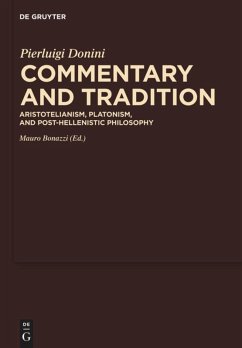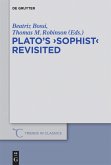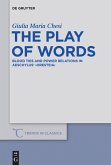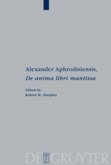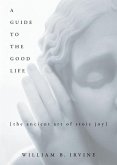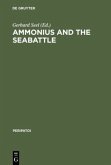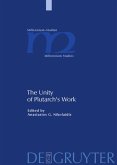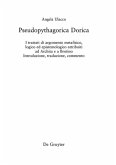The volume collects the most important papers Pierluigi Donini wrote in the last three decades with the aim of promoting a better assessment of post-hellenistic philosophy. The philosophical relevance of post-hellenistic philosophy is now widely (though not yet universally) recognized. Yet much remains to be done. The common practice of focusing each single school in itself detracts from a balanced assessment of the strategies exploited by many philosophers of the period. On the assumption that debates among schools play a major role in the philosophy of the commentators, Donini concentrates on the interaction between leading Aristotelians and Platonists and demonstrates that the developments of both systems of thought were heavily influenced by a continuous confrontation between the two schools. And whereas in cases such as Alcinous and Aspasius this is basically uncontroversial, for other authors such us Alexander, Antiochus and Plutarch the pioneering work of Donini pavesthe way for a better understanding of their doctrines and definitely confirms the intellectual importance of the first imperial age, when the foundations were laid of versions of both Aristotelianism and Platonism which were bound to influence the whole history of European thought, from Late Antiquity onwards.

